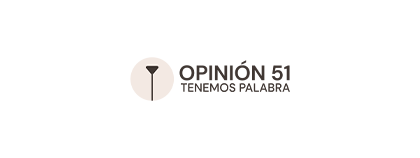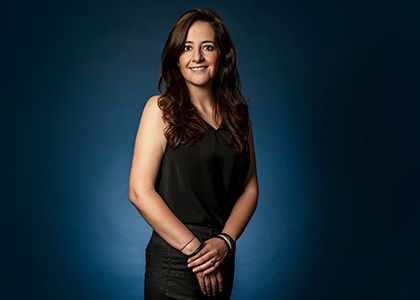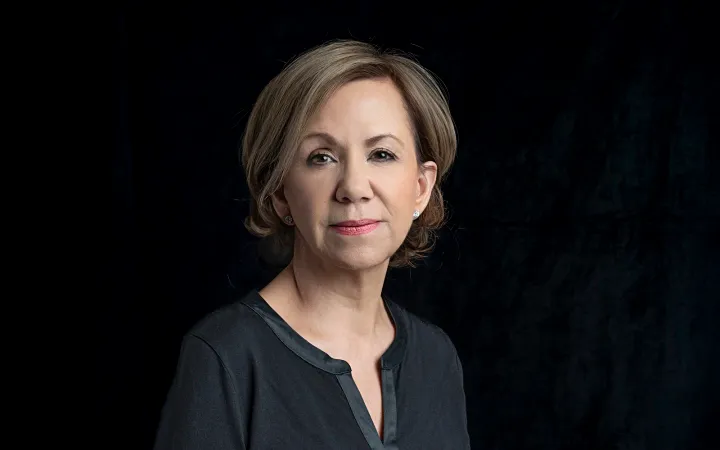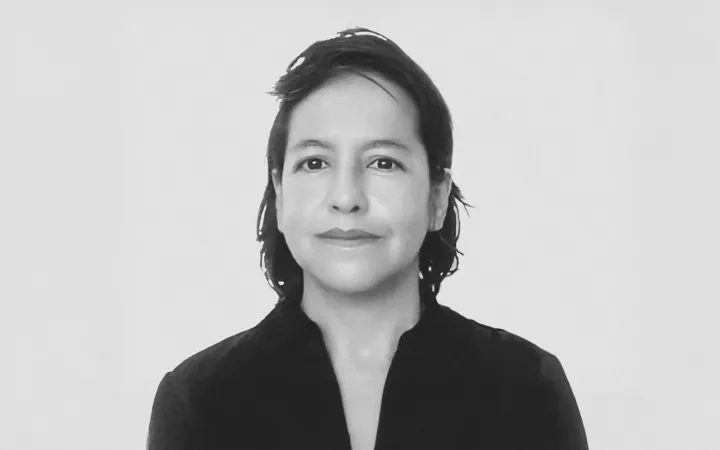Por Regina Reyes-Heroles
Estamos por llegar al tercer año desde el primer caso de covid-19 en México. ¿Recuerdan?
Fue el 27 de febrero de 2020.
En marzo, el 8 de ese tercer mes del año, con un sombrero prestado lleno de flores, marché al lado de decenas de miles de mujeres.
El 9 de marzo las mexicanas no fuimos a trabajar.
Había un sentimiento de que todo podría ir mejor tras esa marcha. Pero duró poco. Alrededor del 19 de marzo muchos ya estábamos en casa confinados y el lunes 23 inició la Jornada Nacional de Sana distancia.
¿Recuerdan?
En ese confinamiento México y el mundo cambiaron. Hoy tenemos más de 300 mil muertes por covid en nuestro país. Todos cambiamos. Además, sabemos que las desigualdades se hicieron más amplias y que para quienes menos tienen el proceso fue más doloroso.
Todo empezó con preguntas gigantes que solo llevaban a más preguntas. El contexto no era sencillo: había muerte, crisis económica y violencia. No se había vivido algo parecido.
Albert Einstein dijo que “la crisis es la mejor bendición que puede sucederle a personas y países, porque la crisis trae progreso. La creatividad nace de la angustia como el día nace de la noche oscura”.
En un ánimo de ver el vaso medio lleno, quería pensar que en esa crisis debería existir una ventana de oportunidad hacia un camino mejor. Así, en ese confinamiento inicié una investigación que resultó en 28 entrevistas -algunas de más de una hora-. Durante unos 20 meses recabé datos para escribir, reescribir, grabar y regrabar, para lograr un podcast con 11 episodios titulado: ¿Cómo construir un futuro con bienestar?
Ese confinamiento, pensamos quienes nos involucramos en el proyecto, era una noche oscura de violencia, fallecimientos, pérdida de empleo y salario, que tendría que resultar, eventualmente, en un día soleado. Pero también sabíamos que no se daría el día soleado sin empeño de todos. Porque la verdad es que nos gustaría un México menos desigual y con más bienestar, ¿o no? La cosa, es: ¿cómo construirlo?
Confieso que no sabía bien cómo estructurar esta búsqueda de la “ventana de oportunidad”. Pero Carlos Puig me dijo que “¡claro que existiría!”, me ayudó a ordenarla y pronto encontramos que había, por lo menos, siete temas que por analizar para ver si podían convertirse en carreteras hacia el bienestar. Entre ellos estaban: empleo, ¿cómo hacer que fuera justo?; salud, ¿cómo hacer que fuera igual para todos?; vivienda, ¿podríamos todos los mexicanos tener acceso a un hogar seguro y pagable?; alimentación, ¿podremos enfrentar la crisis alimentaria y tener un futuro más sostenible?; seguridad, ¿todos tenemos el mismo nivel de tranquilidad por la seguridad?, ¿cómo podríamos lograr un México más seguro?; educación, ¿podremos un día tener una escuela que construya ciudadanos que logren un grandioso futuro?; corrupción, ¿qué tan corruptos somos todos los mexicanos y cómo le hacemos para decir que no lo somos?
De ahí partimos a buscar a los expertos. En las entrevistas hablan Gerardo Esquivel, ex Banxico, Alejandro Díaz de León, también ex Banxico, Alejandro Werner, ex Fondo Monetario Internacional, Luisa María Alcalde, secretaria del Trabajo, Carlos Martínez, director del Infonavit, Julio Frenk, ex secretario de Salud, Mónica Flores de Manpower, Eduardo Osuna Osuna de BBVA, María Marván de Transparencia Mexicana, y otros tantos más.
El objetivo era entender qué estaba pasando, qué quería decir bienestar para todos y cómo, después de la crisis que estábamos viviendo, lograr un México con bienestar.
Hubo momentos durante la investigación en los que perdí la esperanza. Aquí debo decir que Galia García Palafox fue quien me empujó a seguir encontrando eso que queremos o podemos necesitar todos en México para vivir mejor. Además, me dijo, tienes que contarlo con tu historia (lo que me daba pánico) y, claro, explicar cada dato para que nos haga sentido a todos. Ella y Carlos sabían que sí podríamos contar esta historia económica de una forma en la que todos nos sintiéramos parte, y que eso es construir futuro.
Esta semana esto es lo que quiero compartir con ustedes, que sí existen los cómos para construir este futuro que podría ser mejor para todos. Y que está en manos de cada uno de nosotros lograrlo.
Les dejo más de 300 minutos de reflexiones, de visiones que podrían parecer contrarias pero que, al final, tienen un ideal común: un México menos desigual con un futuro más brillante. Son 11 episodios que responden a las enormes preguntas: ¿Podemos ser menos desiguales? ¿Podemos brillar mucho?
Anímense a escuchar esta reflexión, publicada en Así como suena, y compartan sus opiniones sobre lo que es bienestar y cómo tener un mejor futuro para México.
¿Cómo construir un futuro con bienestar?
Episodio 1. ¿Qué es el bienestar?
Episodio 2. ¿Empleo justo?
Episodio 3. Salud y cuidados
Episodio 4. Empecemos por la casa
Episodio 5. Creer en la educación
Episodio 6. Tu dinero importa
Episodio 7. Del campo nos alimentamos
Episodio 8. Sanar al planeta
Episodio 9. Vivir tranquilos
Episodio 10. Hacer política
Epílogo. Sin bienestar no hay futuro
Si quieren escucharlo en Spotify, aquí la liga al canal de Así como suena.
¿Te gustó lo que leíste? 😁 Deja una propina y apoya al periodismo independiente.
Las opiniones expresadas son responsabilidad de sus autoras y son absolutamente independientes a la postura y línea editorial de Opinión 51.
Más de 150 opiniones a través de 100 columnistas te esperan por menos de un libro al mes. Suscríbete a Opinión 51.






Comments ()